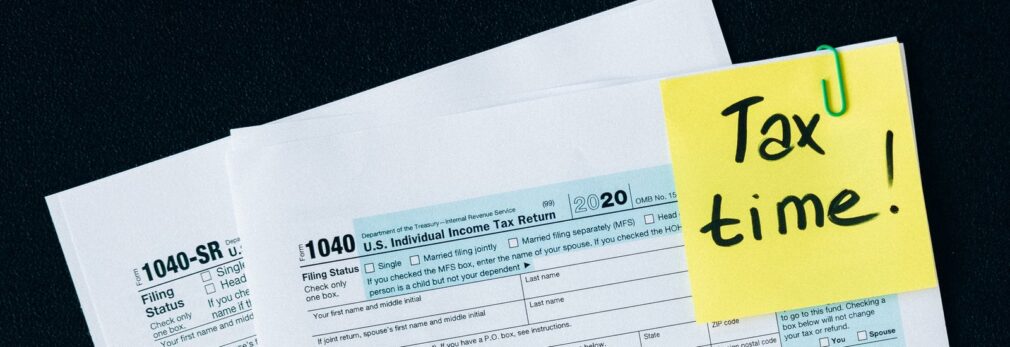Each state, in parallel with the federal tax system, has its own, and each state (as an object of the federation) has a fairly wide range of tax powers.
Although each state has the power to impose its own taxes, such rulemaking is limited by two provisions of the U.S. Constitution:
- States at their level have no authority to impose taxes on foreign trade and foreign economic transactions (this is only possible at the federal level);
- Taxes that are enacted by that state can operate exclusively within the jurisdiction of the state, which is also a logical and understandable requirement.

In US practice, state and local authorities (counties, municipalities and even cities) can exercise their right and impose their own income taxes, corporate income taxes, sales taxes, use taxes. The level of these taxes is considerably lower than for the corresponding taxes at the federal level.
Also among the taxing powers of regional and local governments are taxes on assets within their jurisdictions. These may include taxes on corporate property, taxes on personal property, and taxes on land.
A separate group of taxes relates to the use of natural resources. Oil and gas producing states have severance taxes, and for example the East Coast states have taxes on income from deforestation.
We are not going to delve very deeply into the tax system at the local level, but let’s go over a list of the major taxes that exist in the United States.


